Queensland budget: big business hit with new taxes, surprise surplus revealed
Queensland has returned to surplus three years ahead of schedule on the back of record coal and gas prices and Brisbane’s booming property market.
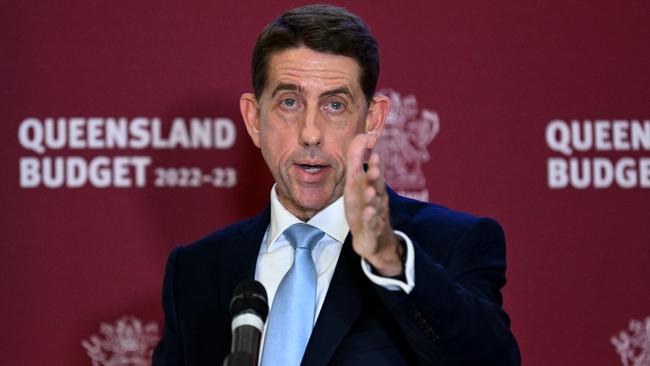
Queensland has returned to surplus three years ahead of schedule on the back of record coal and gas prices and Brisbane’s booming property market.
But the Palaszczuk government is under fire for breaking its election promise to suspend tax hikes for four years after slugging coalminers, gambling companies and big business with new and increased taxes in Tuesday’s budget.
The $1.9bn surplus for the current financial year will be short-lived with house prices forecast to soften in the next two years and coal prices to return to normal levels in 2023.
Queensland is set to slump back to $1bn deficits next year and in 2023-24, before returning to a slim surplus again over the forward estimates.
Treasurer Cameron Dick capitalised on the temporary cash boost with a big-spending budget centred on health, which he said was the “largest total uplift in budgeted health expenditure in the history of Queensland”.
The move, to snuff out growing attacks from the Liberal National Party about overcrowded public hospitals, will see the Palaszczuk government increase its annual health spend by $1.4bn to $23.6bn next year.
Labor backtracked on its promise of no tax hikes during its four-year term, insisting they were needed to help fund mental health services and 2200 new hospital beds over six years.
Coalmining royalties will be increased as part of a new three-tier system, a point of consumption tax on wagering companies will lift from 15 to 20 per cent and a mental health levy will be introduced on about 5500 businesses.
From January, employers with an annual wage bill of more than $10m will pay a 0.25 per cent levy on taxable wages of its employees to help fund better mental health services. Employers spending more than $100m a year on wages will be charged a 0.75 per cent levy.
Asked on the 2020 campaign trail in Cairns if he was “ruling out new or increased business taxes”, Mr Dick said: “There will not be any increased taxes, we have said that very clearly from the start, no new taxes from the Labor government if we are re-elected.”
On Tuesday, Mr Dick launched an extraordinary denial of the government’s decision to break its election promise, adamant the pledge was never meant to extend to business.
“The people of our state knew what I was saying when I said that,” he said. “We were very clear, we were very upfront. We need to ensure that coal companies and online betting companies pay their fair share.”
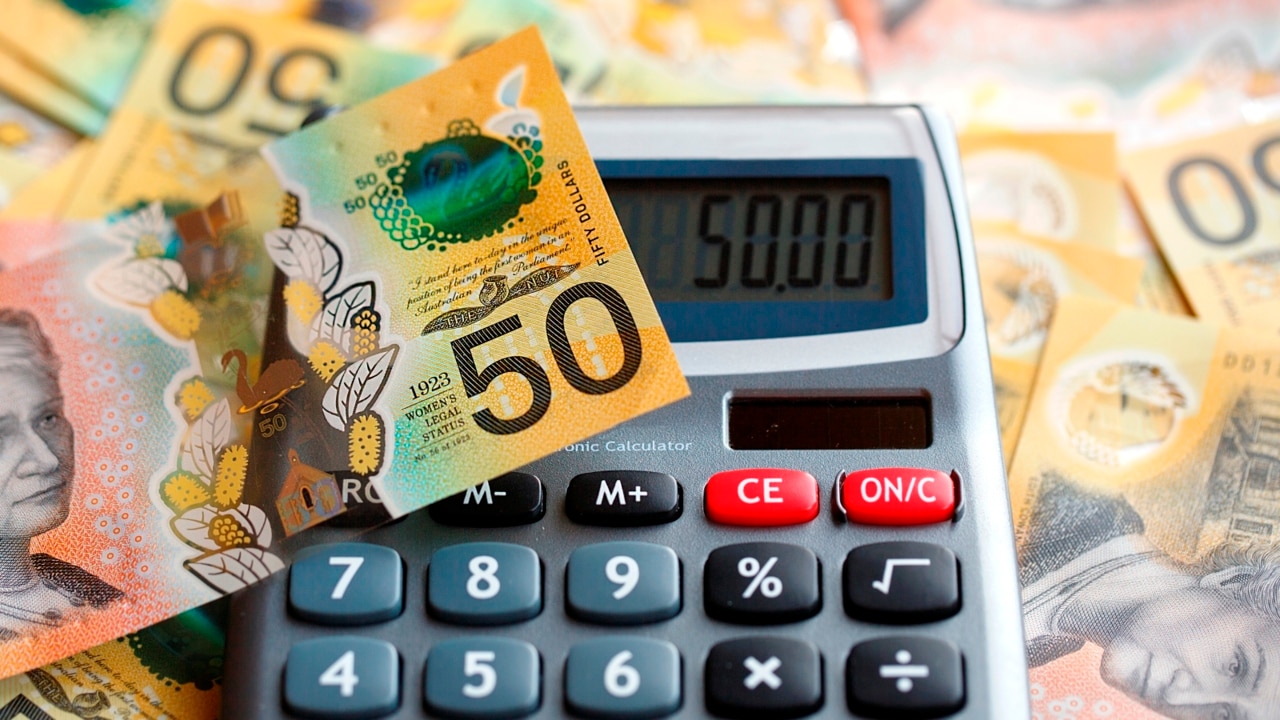
Mr Dick defended the coal royalty hike as “fair and reasonable”.
“The increase in coal prices has been unexpected and we think it’s fair the unexpected boom should benefit not just shareholders, but the owners of the resource – the people of Queensland.”
Shadow treasurer David Janetzki said Queenslanders did not trust the government any more and Mr Dick was telling a “bald-faced lie”. “The Treasurer promised 26 times not to increase or introduce any new taxes – today he has broken that promise and his integrity lies in tatters, and it will be the Queensland people that pay,” he said.
Despite revenue increasing nearly $10bn in the current financial year, the only apparent new cost-of-living relief is a one-off $175 rebate on household power bills and payroll tax relief for small businesses. Another $6.8bn will be spent on existing concessions in 2022-23. Queensland’s total debt, including government-owned corporations, will reach $128.6bn by July 2026, lower than the $130bn forecast in the outyears of Mr Dick’s first budget.
The general public sector’s debt-to-revenue ratio will grow to 112 per cent by July 2026 – the highest in more than a decade. It compares with a 91 per cent debt-to-revenue ratio peak under the LNP Newman government.
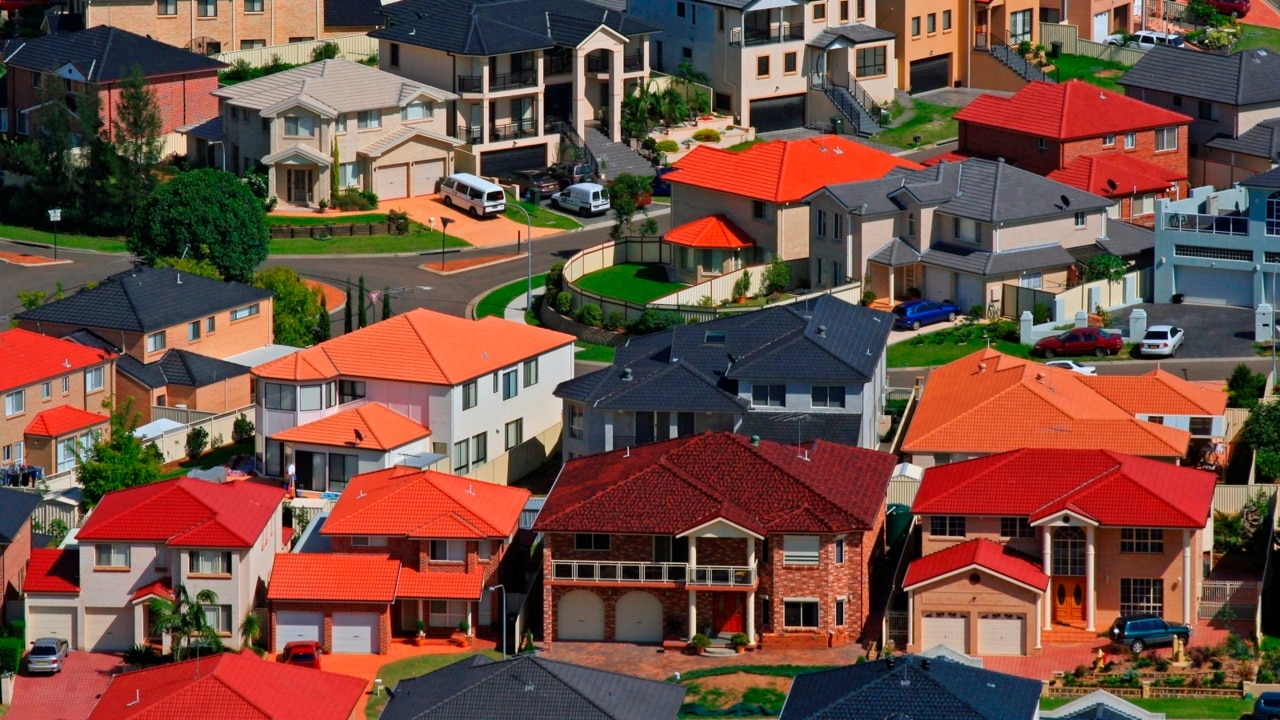
Even on the government’s preferred measure of net debt, which excludes publicly owned companies, borrowings will more than triple during the next four years, reaching $39.2bn by mid-2026.
It remains considerably less than net debt in Victoria and NSW, tipped to hit $167.5bn and $114.8bn respectively.
Mr Dick said if Queensland was crippled by debt, “then NSW and Victoria are dead and buried”.
Ratings agency S & P Global said Queensland’s economic recovery was ahead of schedule, helped by the state’s ability to contain Covid-19 outbreaks earlier in the pandemic.
“The state’s fiscal position will benefit from stronger economic activity than we previously expected. These are key factors supporting the stable outlook on our ‘AA+’ rating,” analyst Rebecca Hrvatin said.


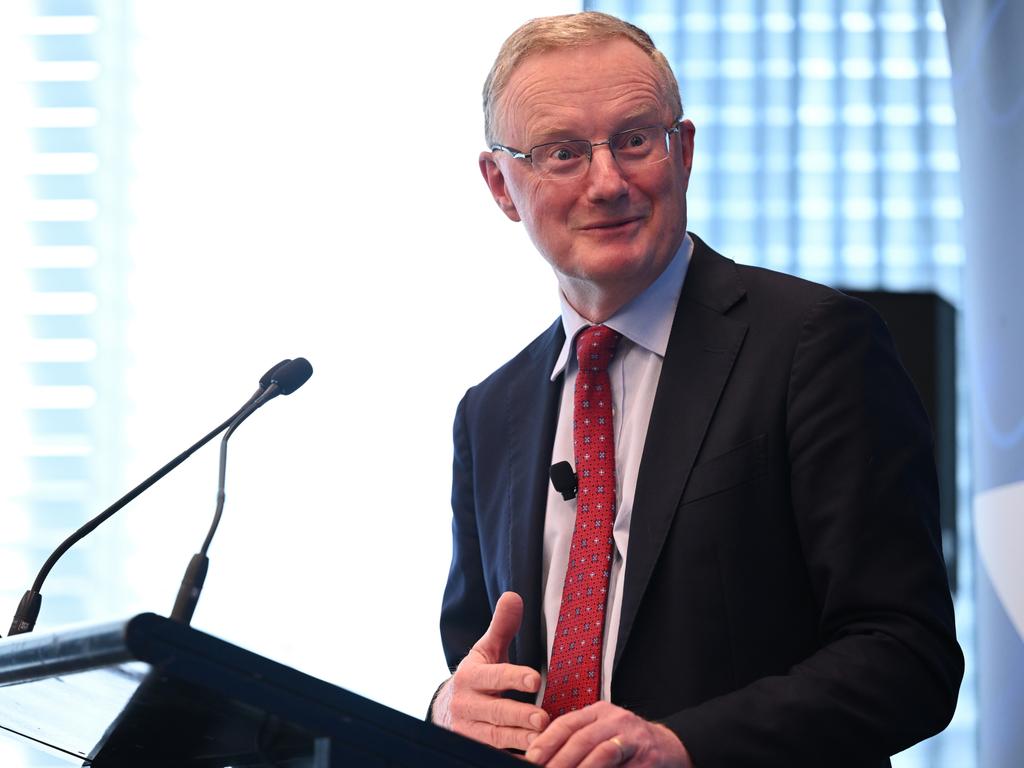
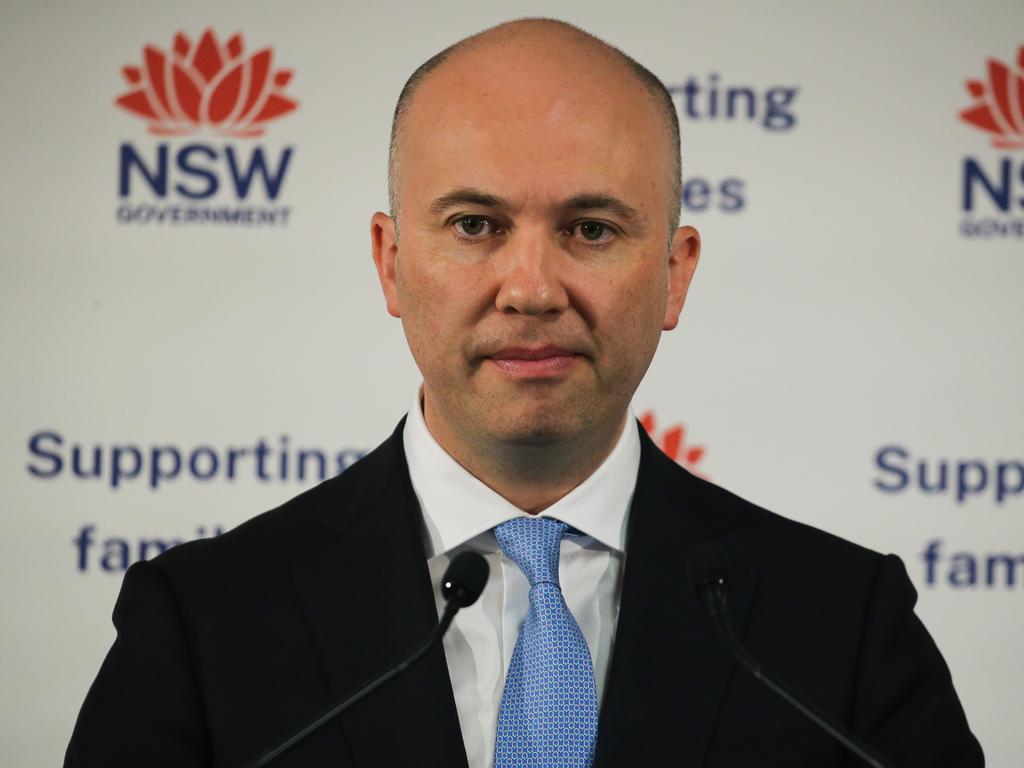

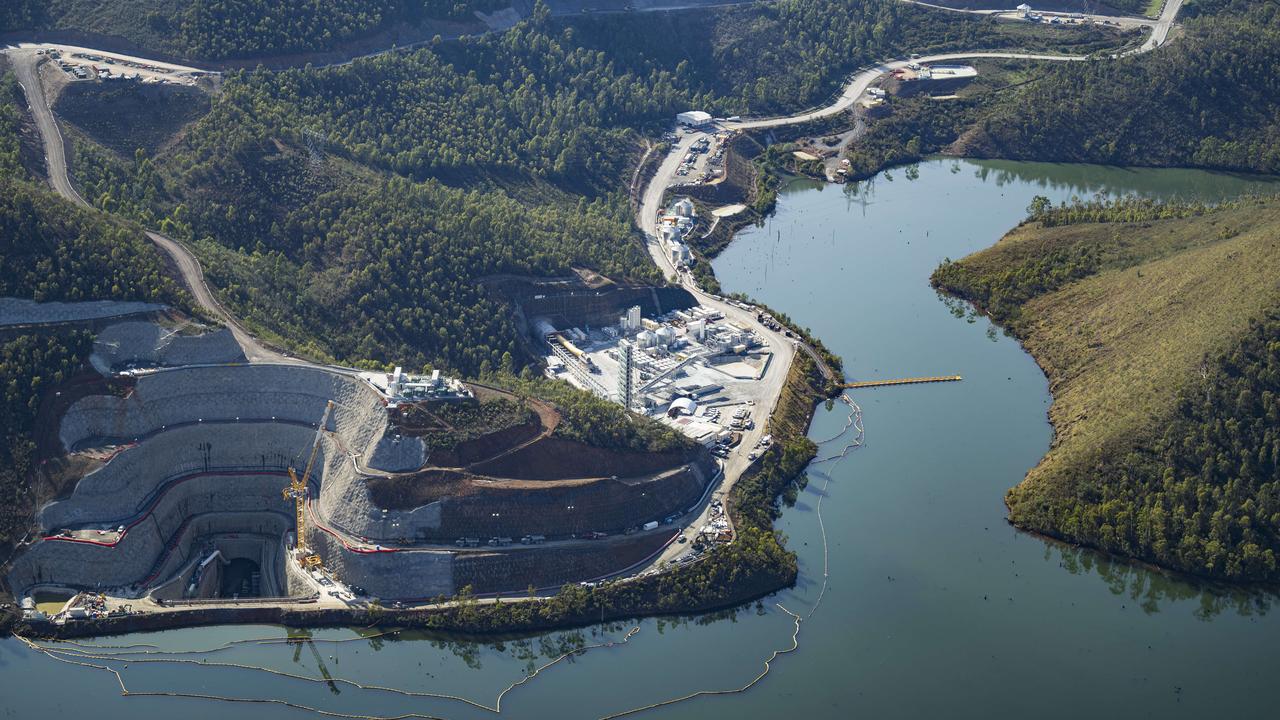

To join the conversation, please log in. Don't have an account? Register
Join the conversation, you are commenting as Logout